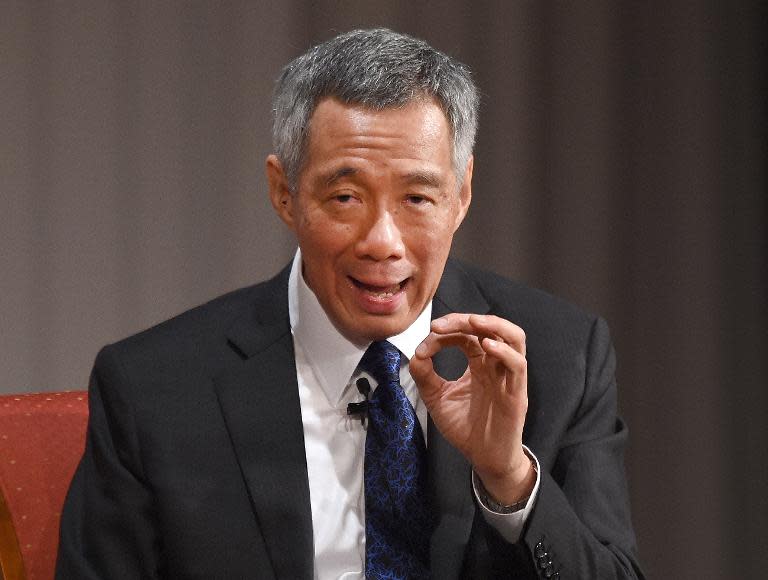PM Lee's press sec issues letter to The Economist

Prime Minister Lee Hsien Loong’s press secretary Chang Li Lin has issued a letter to The Economist, in response to an opinion piece the magazine had written about the ongoing defamation case against Singapore blogger Roy Ngerng.
In it, she said, "You referred to an “alleged ‘serious libel’” by Roy Ngerng. This is not an allegation. Mr Ngerng has publicly admitted accusing Lee Hsien Loong, the prime minister, of criminal misappropriation of pension funds, falsely and completely without foundation. After promising to apologise and to remove the post, Mr Ngerng did the opposite; he actively disseminated the libel further. This was a grave and deliberate defamation, whether it occurred online or in the traditional media being immaterial.”
Ngerng is embroiled in a defamation suit initiated by PM Lee after posting an article that accused the latter of embezzling and misusing CPF funds via the vehicles of Temasek Holdings and the Government Investment Corporation, Singapore’s two key investment arms. He has since been fired from his job as a patient co-ordinator at Tan Tock Seng Hospital, a move which was backed by the Ministry of Health.
In its piece, The Economist had written, "The alleged “serious libel” was made on Mr Ngerng’s blog on May 15th. Mr Lee’s lawyer argued that an article he posted about the Central Provident Fund (CPF), a compulsory-savings scheme to provide for Singaporeans’ retirement, accused the prime minister of “criminal misappropriation of the monies paid by Singaporeans to the CPF”.
"Mr Ngerng has removed the offending post and apologised, and offered Mr Lee 5,000 Singapore dollars ($4,000) in damages—an offer his lawyers dismissed as “derisory”. But he has continued writing about the CPF and, on June 7th, spoke at a rally at Singapore’s “Speakers’ Corner” that took for its slogan “Return our CPF!”.”
To this, Chang added in her letter, "What is at stake is not any short-term positive or negative impact on the government, but the sort of public debate Singapore should have. When someone makes false and malicious personal allegations that impugn a person’s character or integrity, the victim has the right to vindicate his reputation, whether he is an ordinary citizen or the prime minister. The internet should not be exempt from the laws of defamation. It is perfectly possible to have a free and vigorous debate without defaming anyone, as occurs often in Singapore.”



